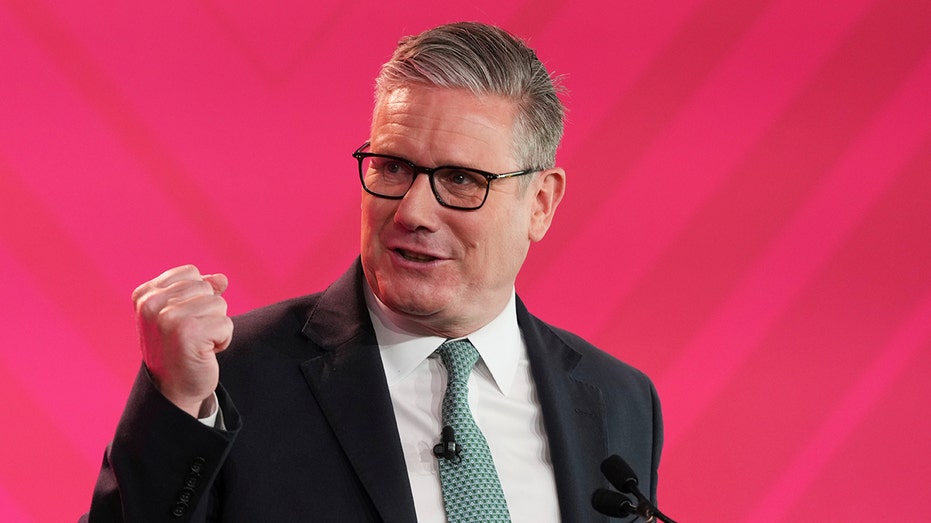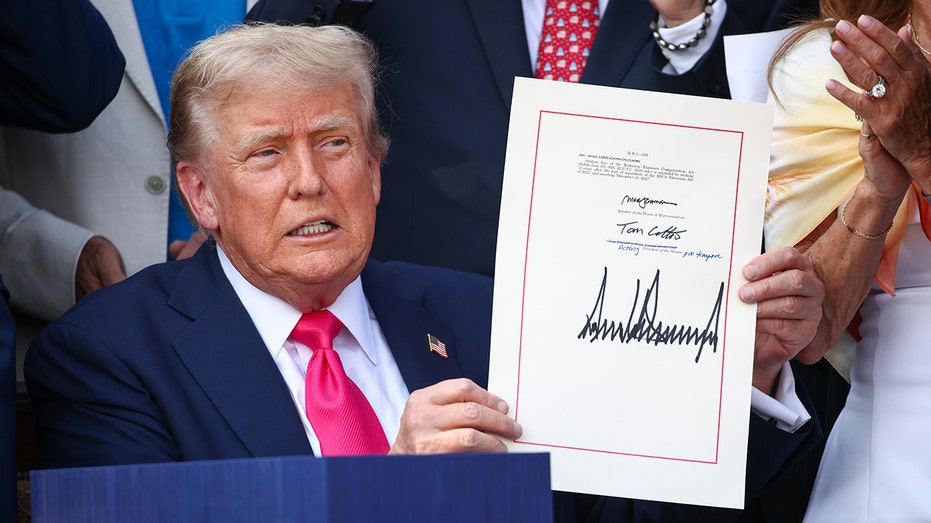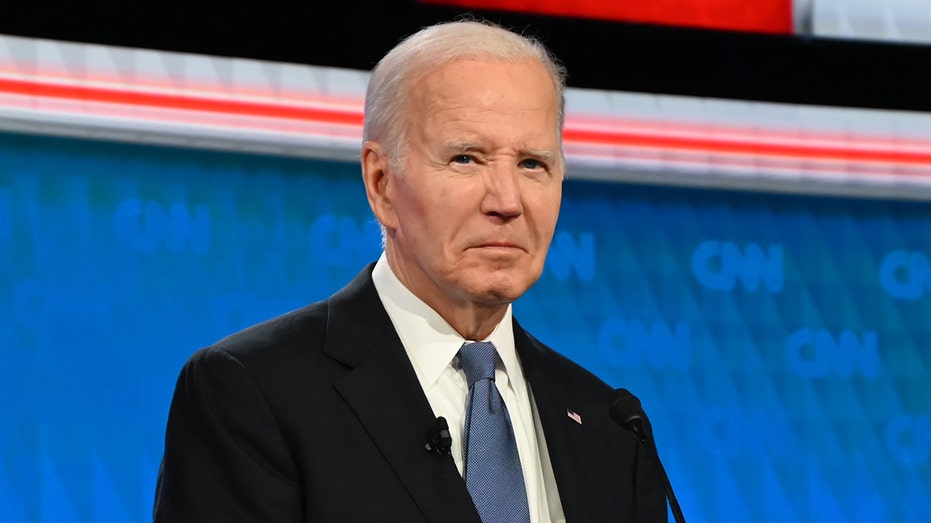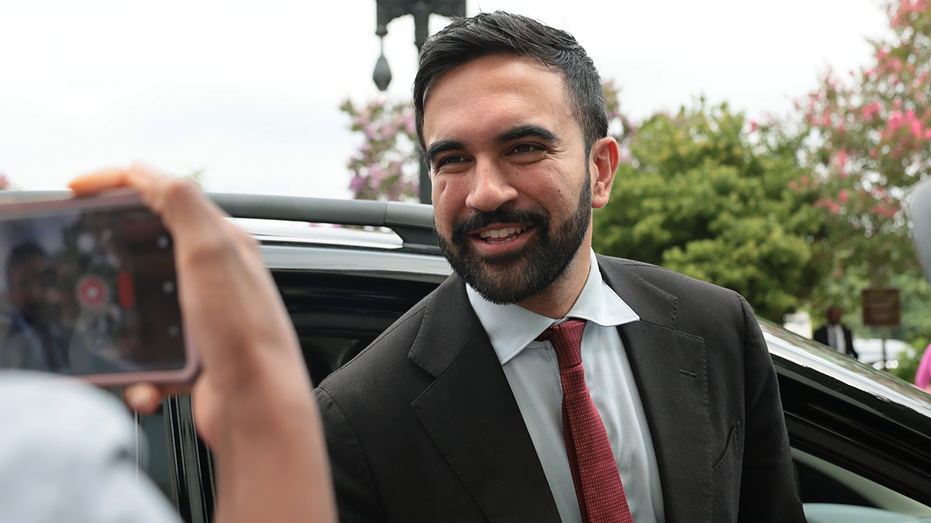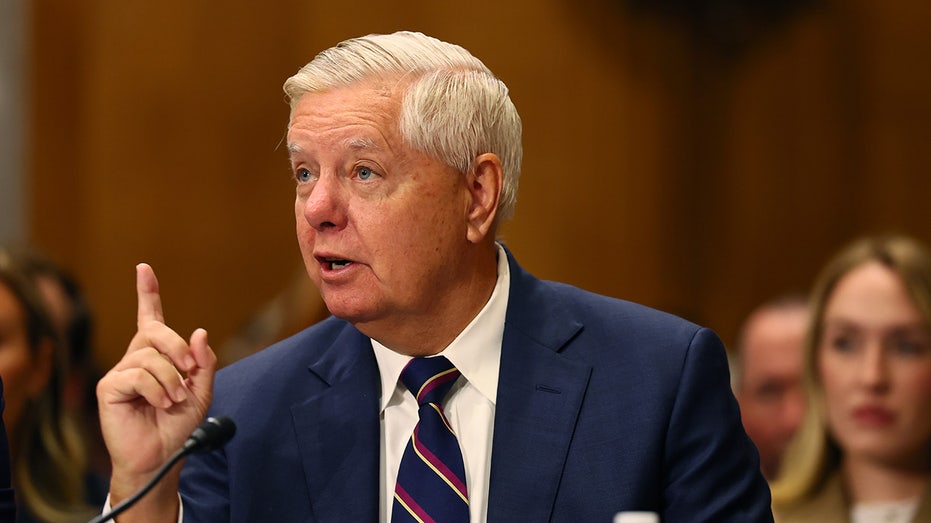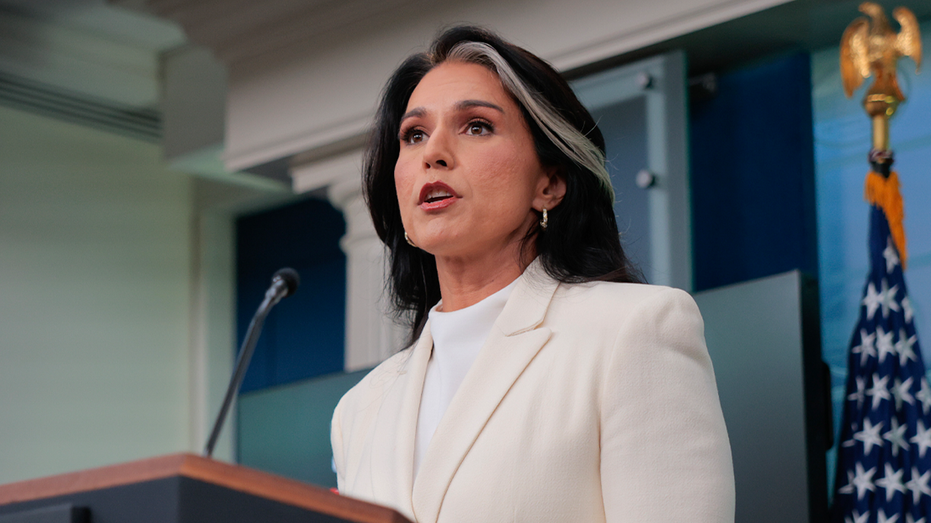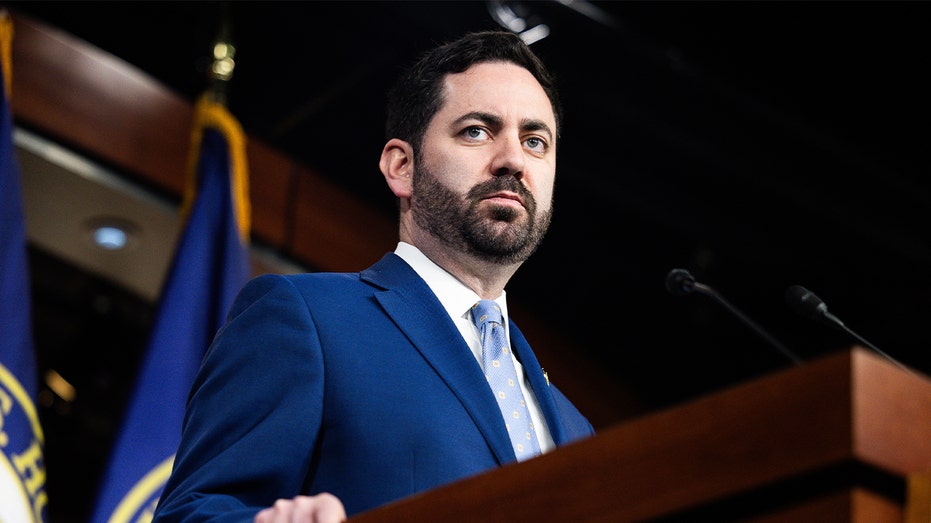UK Lowers Voting Age to 16 Ahead of 2029 Election Amid Fierce Debate

Sarah Johnson
July 20, 2025
Brief
UK lowers voting age to 16 before 2029 election, sparking debate over democracy, fairness, and political motives amid Labour’s electoral reforms.
In a bold move set to reshape the political landscape, the United Kingdom is lowering the voting age from 18 to 16 ahead of the next national election in 2029. Announced by the Labour Party-led government, this decision has sparked fierce debate, with critics accusing the party of attempting to tilt the electorate in their favor.
The reform, unveiled on Thursday, is part of a broader package of electoral changes aimed at revitalizing democracy. Alongside extending the vote to 16- and 17-year-olds, the government plans to allow bank cards as voter ID, introduce protections against foreign interference in elections, and tighten rules on foreign donations to political parties. Deputy Prime Minister Angela Rayner emphasized the urgency of rebuilding trust in democratic institutions, stating, "We cannot take our democracy for granted."
Prime Minister Keir Starmer defended the decision with a straightforward argument: if 16- and 17-year-olds can work, pay taxes, and even join the military with parental consent, they deserve a voice in how their contributions shape the nation. Rayner echoed this sentiment, highlighting that young people already play a vital role in society and should have a say in the issues affecting them.
Yet, the opposition has come out swinging. Conservative MP Paul Holmes questioned the logic of granting voting rights to 16-year-olds when they are still barred from buying alcohol, playing the lottery, or marrying without consent. He called the government’s stance on maturity "hopelessly confused." Nigel Farage, leader of Reform UK, went further, labeling the move an attempt to "rig the political system." He raised concerns about potential indoctrination in schools, arguing that the education system must remain impartial if young voters are to think independently.
The change, which still awaits parliamentary approval, fulfills a Labour Party campaign promise and will impact an estimated 1.6 million young people in a nation of 68 million. Notably, 16- and 17-year-olds already vote in local and regional elections in Scotland and Wales, though the age limit remains 18 in England and Northern Ireland for such contests.
Rayner, reflecting on her own experience as a single mother at 16, framed the reform as a matter of fairness and inclusion. It’s a vision of democracy that seeks to draw younger generations into the fold—but whether it’s a genuine step toward renewal or a calculated political maneuver remains a hotly contested question.
Topics
Editor's Comments
Well, folks, the UK just handed 16-year-olds the keys to the voting booth, but not a pint at the pub. Talk about mixed messages! Labour says it’s about fairness, but the opposition smells a rat—or at least a cleverly stacked deck. Here’s a thought: if teens can vote on the future, shouldn’t they also get to pick the playlist at No. 10 Downing Street? I’m betting Keir Starmer’s got some hidden boy band tracks up his sleeve. Let’s see if this move energizes democracy or just adds more drama to an already chaotic political stage!
Like this article? Share it with your friends!
If you find this article interesting, feel free to share it with your friends!
Thank you for your support! Sharing is the greatest encouragement for us.
